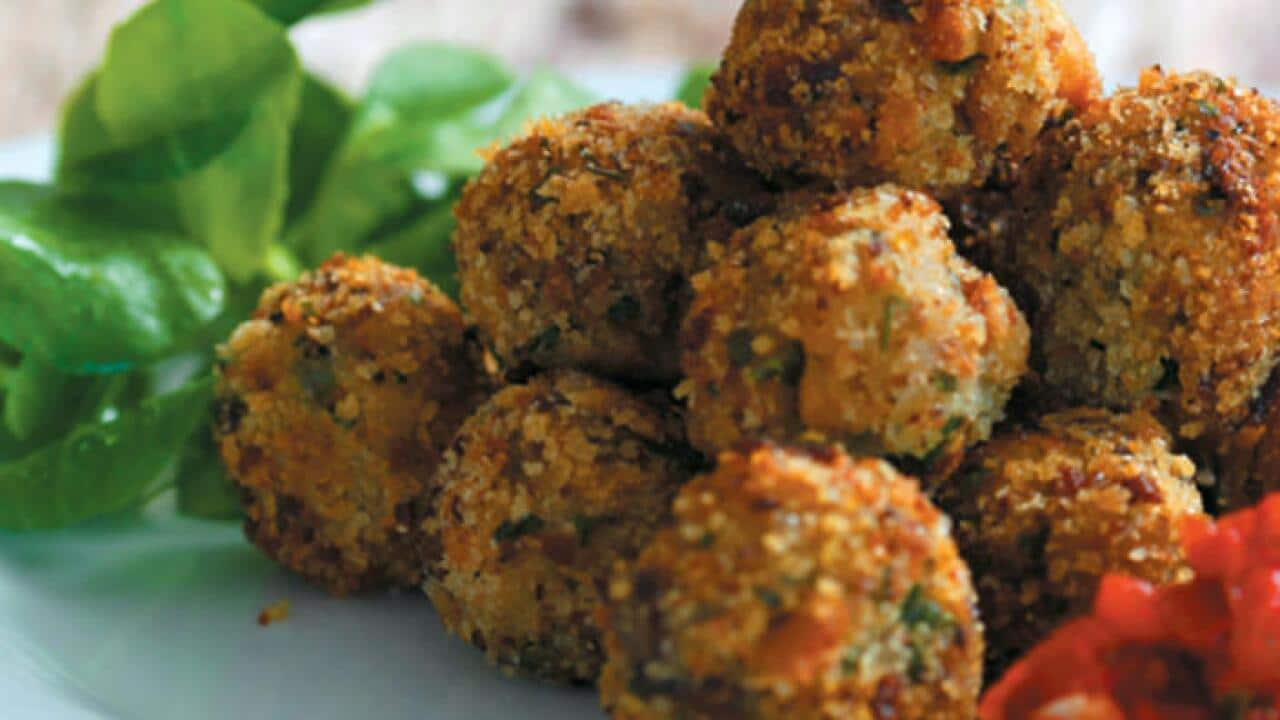I was making a rare roast beef sandwich when I heard the advice. That advice I know I should take: eat rare roast beef more rarely. Eat whether they are raw, rare or well done. To be at least would be to serve three important human hungers.
There are three appetites a no-meat or low-meat diet would satisfy. Let’s count ‘em.
First, there’s our hunger to know that we’re feeding good health. This urge to live is fed by the discipline of a plant-rich diet, AKA the simplest way to stick to nutrition’s one constant rule. Famously described a decade ago by writer , the rule’s as true today: "." Second, there’s a hunger to be good. We can never hide from this ancient irritation: a whiny angel who asks you at all times, even snack times, “Are you really comfortable with the morality of that act?”
Second, there’s a hunger to be good. We can never hide from this ancient irritation: a whiny angel who asks you at all times, even snack times, “Are you really comfortable with the morality of that act?”

What you choose to cook can have a significant impact beyond your health. (Getty Images) Source: Getty images
You may answer: NO. You may agree while shoving parts of a once-sentient being in your face hole that you are very uncomfortable. You may over argument with angels or you may agree to compromise.
(I’ve tried hush to my angel up with many pledges, the least effective being a diet. After that, the angel kept squawking about chickens until I was forced to make a vegan shepherd’s pie. My cook’s heart wasn’t in it, so the thing turned out like tortured mush. It was so vile, even the angel agreed to shut up about lentils for a while.)
Our first hunger is to sustain life. Then, we hunger to live ethically; to live with the decisions we make in order to live.
Third, we hunger to live in societies. This urge is just as old and human as those others and it’s not going anywhere fast. We all know by instinct that we are social, and we all feel by instinct for all other social creatures. This social hunger is so natural, societies become ill when it isn’t fed.
Every attempt to diminish or deny this social connection causes harm. A racist act, for example, is only possible if we deny what we know by instinct. A lunchtime act can also be a form of denial.
Our first hunger is to sustain life. Then, we hunger to live ethically; to live with the decisions we make in order to live.
There I was with the rare roast beef last month when the old social instinct made itself felt. A new podcast episode let me know of the climate-friendly recommendations a made to consumers: reduce your meat consumption.
The (IPCC) had spent developing recommendations intended largely for consumers. It was headline news about the great risk of any greater hike in global temperature that somehow reached you, too. It’s vital news to take in and take on, and I’m glad for the reminder it gave me to flex my flexitarian muscles as a diner and a cook.
It’s not just us who must respond to this news. But it will be, because we can respond. We are human.
The great powers in the world, governments and markets, cannot respond. These powers are served by humans, but together they form a non-human form of life. To sustain its life, a government power can subsidise an emissions-unfriendly market. To sustain its life, a big food market can sustain unsustainable practice. If a few shareholders and a few big donors are what power must serve, it will serve it.
We serve our and meals. We must serve power this message: serve our human hunger, or you may have no one at all to serve.
Helen Razer is your frugal food enthusiast, guiding you to the good eats, minus the pretension and price tag in her weekly Friday column, . Don't miss her next instalment, follow her on Twitter .





